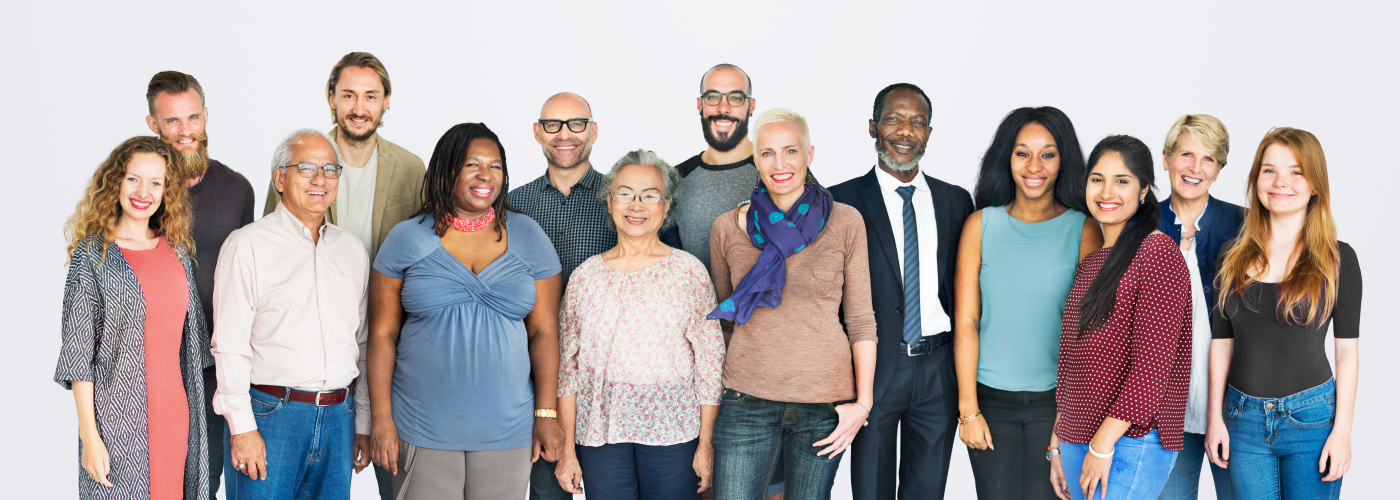Bias is a part of the human experience. Unlike prejudice or bigotry, bias is unconscious. It helps the brain sort through the myriad of information that we receive every day. These mental shortcuts were important for survival in the dangerous circumstances of the past. In today's world, they are less useful when accepted as universal fact. Being aware of our bias can help us recognize when we may need to think about someone or something from a different perspective.
Witnessing Bias Against Job Seekers
As vocational rehabilitation professionals, we are familiar with bias through our work. Employers often make incorrect assumptions about workers with disabilities. Where we see so much potential, an employer may see inconvenience, uncertainty, discomfort, expense, and other judgements.
As we continue to advocate for our job seekers, we must continue to grow as well.
Growing Through Bias
Minimizing the impact of bias is uncomfortable work. Growth often is. Although there are as many types of bias as there are types of people, there is a general framework for working through unconscious assumptions about others.

A Framework for Overcoming Bias
Bias work can be viewed has having three phases – curiosity, knowledge, and application, but the process is not strictly linear and continues through our lives.
Curiosity
To combat the effects of bias, we need to be able to identify it in others and ourselves. There are many great tools available for us to gauge our biases. The Harvard Implicit Association Test allows users to measure their bias through a series of exercises. The results show an individual's bias level and how it compares to others who have taken the survey.
Knowledge
Learning about our own biases is one part of the equation. We also need to learn about people who are different from ourselves.
As it is Black History Month, the following example will be oriented toward biases about people who are African American. This information can be helpful for vocational rehabilitation professionals of any race. Our culture has once again come to a crossroad when it comes to the treatment of African Americans. This resource from Social Work Careers has a selection of free webinars that address specific topics and needs for job seekers who have disabilities and are also Black. The resource is updated monthly and also provides webinars on best providing services for people of every racial group.
The website Promising Practices has a compilation of resources that can help vocational rehabilitation counselors delve deeper into reasons – and solutions – for bias. These include:
- Examining Biases to Support Employment as a Means Out of Poverty
- Equity: Wisconsin’s Model to Inform Culturally Responsive Practices PDF
- Implicit Biases and People with Disabilities
- Understanding Employer Views on Disability and Hiring Practices
Application
Another step in the process of minimizing bias is applying what we have learned to our everyday practices. Braiding self-knowledge with an understanding of others allows us to be aware of what we bring to relationships with job seekers. It also helps us to avoid projecting our world view onto someone else's circumstances.
Knowing about the values and beliefs of groups to which we don't belong fosters understanding that builds trust. This trust, in turn, frees us to help job seekers to create and live up to their own expectations rather than to ours.
The website racialequitytools.org offers specific steps for putting into practice our newfound knowledge. The website provides fundamental information about racial inequity, and walks users through creating equity plans, putting plans into action, and measuring plan outcomes. In addition, the website offers curricula that can be used to help professionals on this journey.

